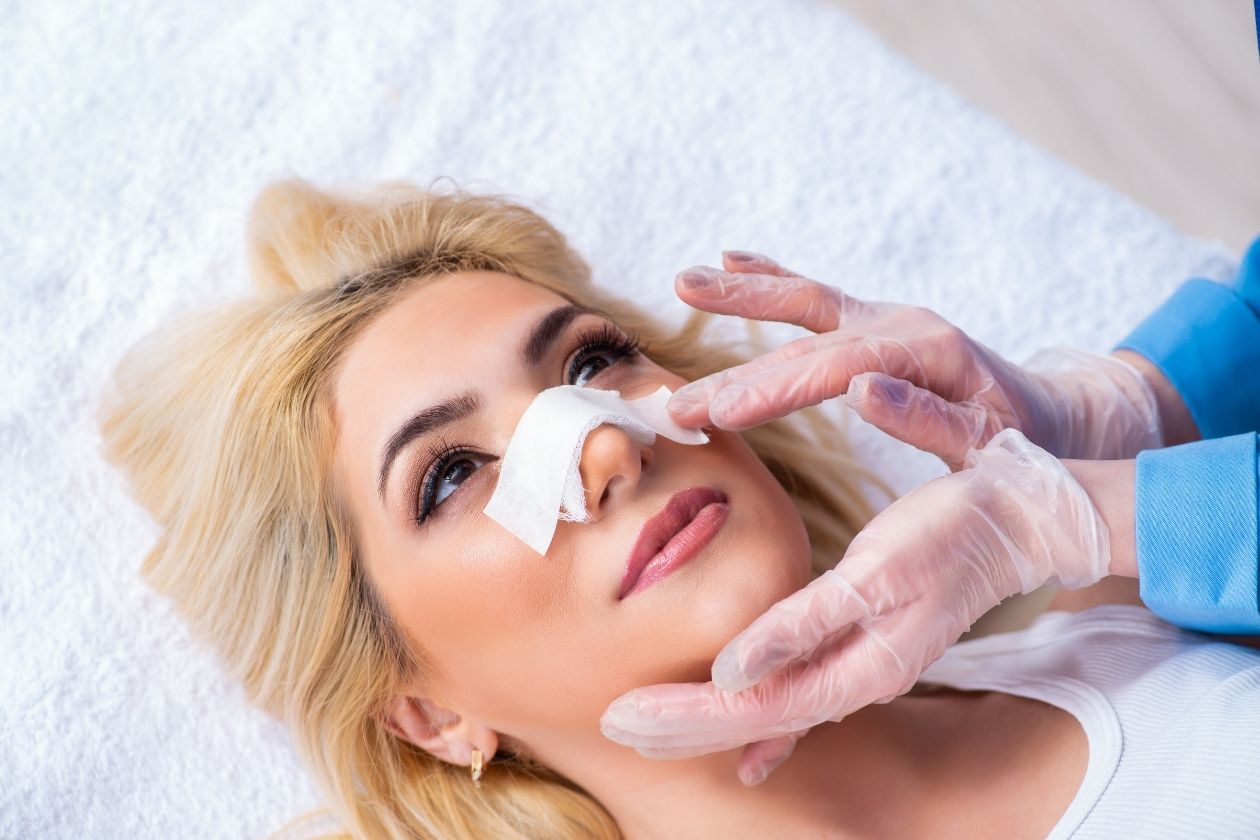Talk to your doctor about what to expect after a sinus surgery before going under the knife. At the same time, stock up on tissues and acetaminophen. Make sure you have adequate time off to recover. But what helps you recuperate, and what hinders your progress? Here’s what to know when recovering from sinus surgery.
Table of Contents
Expect Swelling
Swelling around the surgical site is common. Your face will be more sensitive than usual. If you need to touch your face, be gentle; your nose, cheeks, and upper lip will be tender. Don’t try to combat that swelling with over-the-counter NSAIDs (nonsteroidal anti-inflammatory drugs) like ibuprofen. Avoid aspirin at all costs, as it thins your blood and makes it harder for those wounds in your nose to clot. Acetaminophen (Tylenol) may be beneficial, but only under a doctor’s supervision. While you wait for the swelling to recede, sleep with three or four pillows to prop yourself up.
Avoid Strain
Whether you’re lifting a heavy object or simply blowing your nose, you put strain on your sinuses every day. After your surgery, you’ll have to reduce that strain as much as you can. Wait at least a week before bending or lifting anything heavier than 10 pounds. Although you may be desperate to blow your nose and clear out all that discharge, don’t do so! Instead, dab away excess mucus with a tissue. If you have undergone functional rhinoplasty surgery, you’ll feel a difference in your breathing as you recover and as that mucus melts away. If you feel a sneeze coming on, do your best to sneeze through your mouth. Ask your doctor when you can start blowing your nose again. Most likely, you’ll have to wait at least a week. But once you’re able to, you’ll find that blowing your nose helps you breathe!
Sleep Well
For the first week after your surgery, you’ll feel more fatigued and sleepy than usual. Use your recovery time to sleep off the extra stress. Remember to prop yourself up with pillows; elevating your upper half will help the swelling recede and encourage healthy breathing. As you wait for your sinuses to return to full capacity, sleep when you’re tired and take it easy while you’re awake. Gentle, everyday exercise will aid your recovery. However, don’t push yourself too hard. Extra rest will recharge you as you recover from your surgery.
Recuperating from any surgical procedure takes time and patience. When you’ve had surgery on your face, it’s at the forefront of your mind—literally and figuratively. These tips are just a few things to know when recovering from sinus surgery. But always consult your doctor for more in-depth advice before and after your procedure.




